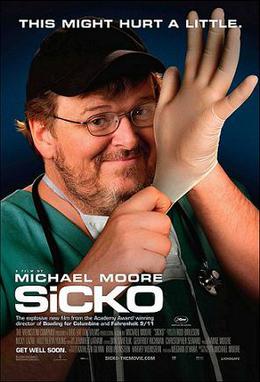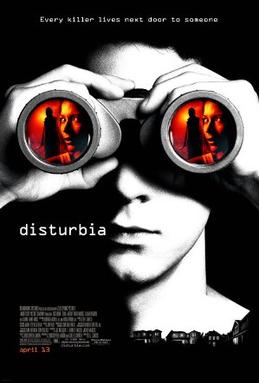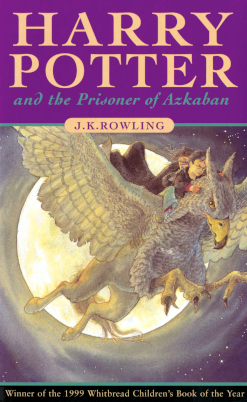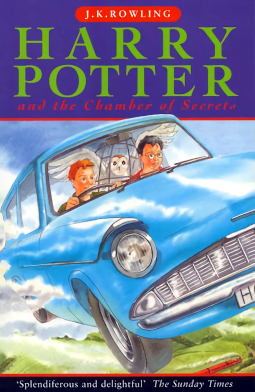In London Town Part 3
 Recently I blogged about the differences of the reactions of London Mayor Ken Livingstone and former New York Mayor Rudy Giuliani to acts of terrorism in their respective cities. It’s hardly the only difference between what happened in New York and D.C. and what happened in London. The British news media, for instance, hasn’t cast objectivity to the side in favour of flag pins, fearmongering and military worship. Nor, as far as I can tell, is there a campaign of censorship in the U.K., in which artists can’t speak their minds without fear of being booted off corporate radio or arrested for artwork criticising the government. That’s part of what appeals to me about V For Vendetta. Vendetta is an upcoming film adaptation of Alan Moore’s graphic novel of the same name by the Wachowski brothers. Directed by James McTeigue, and starring Hugo Weaving and Natalie Portman, the narrative studies the relationship between terrorism and facism. Or at least the book does. The jury is still out on the film. At any rate, V for Vendetta as graphic novel was published in the U.S. by DC Comics under its Vertigo imprint. The story is set in a future Britian in which, following the devestation of a nuclear war, a fascist one-party state has arisen from the ashes. The regime resembles that of the Nazis. There is a secret police, a government-controlled media, and concentration camps for minorities. At the narrative’s beginning, political conflict has ended, the death camps have done their job, and the public is docile. That is until “V,” a Batman-esque terrorist and anarchist who wears a Guy Fawkes mask, begins to bring down the government with a theatrical campaign of violence. One of Moore’s main themes is that of the rationalisation of atrocities for the greater good. For V, the greater good is freedom. For the fascist government, it is stability. As the two extremities play off of one another, we see that neither is a viable option. Even so, V is clearly the hero of the novel. Anti-hero perhaps. But he’s still the hero. We root for him. We want him to bring down the government. And we don’t care who gets in the way. On an artistic level, the film will be terrible. Hollywood has already turned two Moore classics (From Hell and The League of Extraordinary Gentlemen) to rubbish. Moore recently completely distanced himself from DC Comics, which is owned by Warner Brothers, over the film. He’s complained about gaping plot holes. And a quick viewing of the V For Vendetta trailer will show you how much the film plans to rely on action and explosions. Nor will the film be likely to keep up with Moore’s brilliant ability to cram his panels with clues, red herrings, and multiple layers of meaning and interpretation. Moore is a the sort of fellow I can call a creative genious without dancing dangerously close to hyperbole. The Wachowski brothers can't even compete. Still, I’m curious how the U.S. will react to this film. Will Republicans call for a ban on a movie in which a terrorist is a hero? Will this be more proof to them of how supposedly liberal Hollywood is? Will audiences notice the parallels between the film’s fascist government and our own? Will the U.S. addiction to entertainment and our inability to distinguish between what’s real and what isn’t fuel a copycat? Will the U.S. realise that terrorism is a fighting tactic, one which we used quite effectively to win our independence from the British a couple of centuries ago? Or should bullies no longer get what they deserve? |

















Comments on "In London Town Part 3"
post a comment